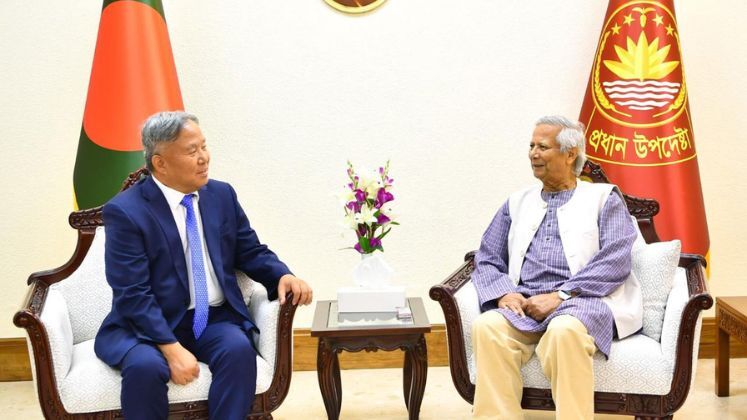
Experts have recommended that Bangladesh’s bureaucratic procedures be improved in order to attract more South Korean foreign direct investment (FDI), especially in the ready-made garment (RMG) industry. The need for a more favourable investment climate was highlighted by speakers at the recent Korea-Bangladesh Economic Cooperation event, which was hosted in Dhaka by the Korean Embassy and the Foreign Investors’ Chamber of Commerce and Industry (FICCI).
The Interim Government’s Industrial Advisor, Adilur Rahman Khan, emphasised Bangladesh’s dedication to improving its investment climate, which he said is essential for adjusting to the shifting global environment. He emphasised that South Korea and Bangladesh have a long-standing alliance and urged Korean companies to take advantage of Bangladesh’s possibilities, particularly in the valuable RMG industry.
The executive chairman of the Bangladesh Economic Zones Authority (BEZA) and the Bangladesh Investment Development Authority (BIDA), Ashik Chowdhury, praised the insightful comments made by both foreign and indigenous investors. He gave them his word that suggestions for structural changes and policy enhancements to promote more efficient investment procedures are being carefully considered by the government.
Park Young-sik, the ambassador of South Korea to Bangladesh, emphasised the value of Economic Partnership Agreements (EPAs) and Free Trade Agreements (FTAs), especially in relation to increasing Bangladesh’s market share in Korean clothing. A formal FTA, according to Ambassador Park, may significantly increase Bangladesh’s attractiveness to Korean investors, particularly in the RMG industry.
Park confirmed that Korean businesses will still invest in Bangladesh despite the lack of an FTA, but he emphasised the urgency of legislative action, especially given Bangladesh’s anticipated departure from the Least Developed Country (LDC) category by 2026. He cautioned that there may be difficulties as a result of this shift, including increased competition and the loss of Generalised System of Preferences (GSP) facilities.
The director general of the Korea Trade-Investment Promotion Agency (KOTRA), Samso Kim, highlighted encouraging prospects for foreign investment across a number of industries, including RMG. But he emphasised that in order to take advantage of these prospects, government action is essential. He noted that the intricacies and hold-ups in the investment process, particularly in Export Processing Zones (EPZs), are major obstacles that must be overcome by an efficient One-Stop Service (OSS).
The president of the Korea-Bangladesh Chamber of Commerce and Industry (KBCCI), Shahab Uddin Khan, emphasised the disparity in commerce between the two nations, pointing out that Korean companies are keen to buy more Bangladeshi goods, which might help close the gap.






